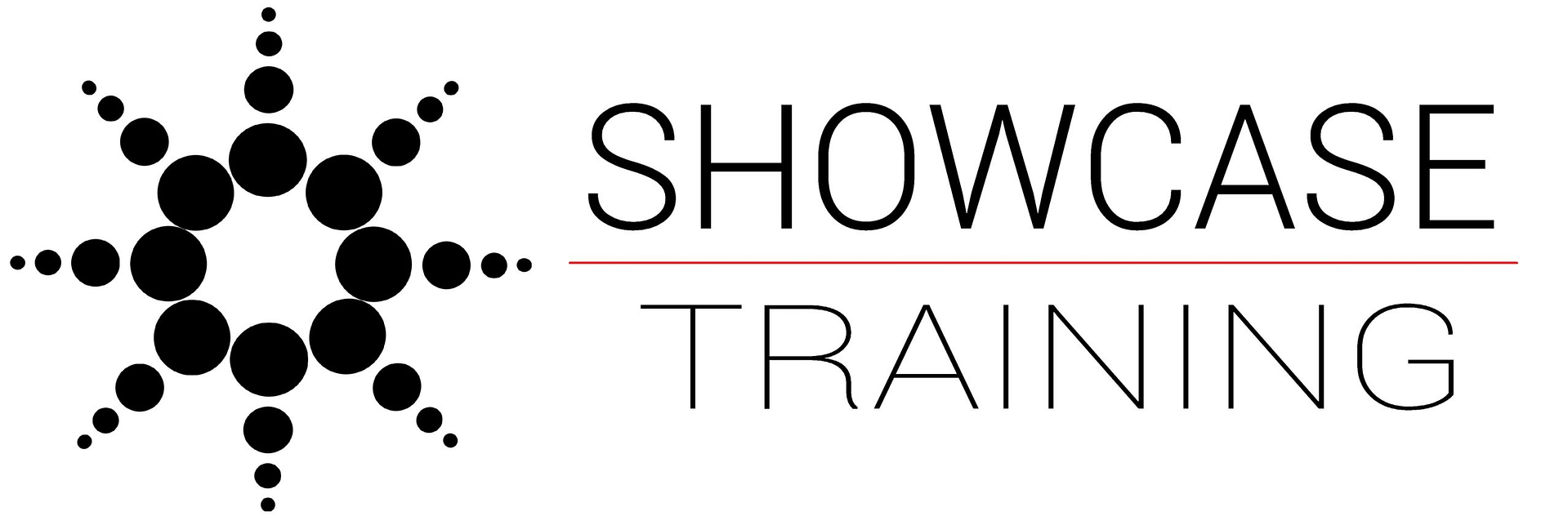What is reflective practice?
Reflective practice is an essential component of Early Years education and an important tool to help us self-improve and develop. It is a continuous process of self-evaluation and improvement that helps practitioners to understand their own strengths and weaknesses, develop new skills and knowledge, and make informed decisions about their practice. It is important to look back at practice and consider what worked well and what did not.
A reflective practitioner:
- Celebrates their strengths and acknowledges areas that need developing
- Constantly improves the quality of their own practice
- Can justify why they choose certain ways of working
- Considers the impact of their practice on the children and families
- Considers new ideas and different ways of working
- Plans how to develop their practice in future
What are the benefits of reflective practice and why is it important?
There are many benefits to reflective practice in Early Years. By reflecting on your interactions with children, you can gain a deeper understanding of how children learn and develop. This knowledge can then be used to plan and implement more effective learning experiences. Reflective practice can also help you to make more informed decisions about your practice. By considering the evidence from your reflections, you can identify areas for improvement and make changes to your practice accordingly. Additionally, seeing how your actions have a positive impact on children’s learning, you can feel more confident in your ability to make a difference.
Reflective practice can be implemented in Early Years settings through:
- Journaling: keep a journal to record your thoughts and reflections on your practice.
- Evaluation: evaluate a recent activity you set up and consider what worked well, the impact for the children and how it could have been improved.
- Peer observation and feedback: observe each other’s practice and provide feedback. By sharing your reflections with colleagues, you can all learn from each other.
- Professional development opportunities: participate in professional development opportunities that focus on reflective practice.
By making time for reflection on a regular basis, you can continue to improve your practice and provide the best possible learning experiences for children. Reflective practice is integral in early years settings as it not only benefits educators by improving their teaching methods and professional growth, but also contributes significantly to the overall development and learning experiences of young children. There are many different models of reflective practice; however, find what works best for you by trying different techniques.
Are you interested in a career in Early Years?
Showcase Training offer fully-funded Level 2 and Level 3 Apprenticeship Standards and commercial training options, including standalone courses from level 2 to 5 with commercial payment plans and Advanced Learner Loans available.
Early Years Apprenticeships
Standalone Childcare Qualifications
Business Skills Apprenticeships

